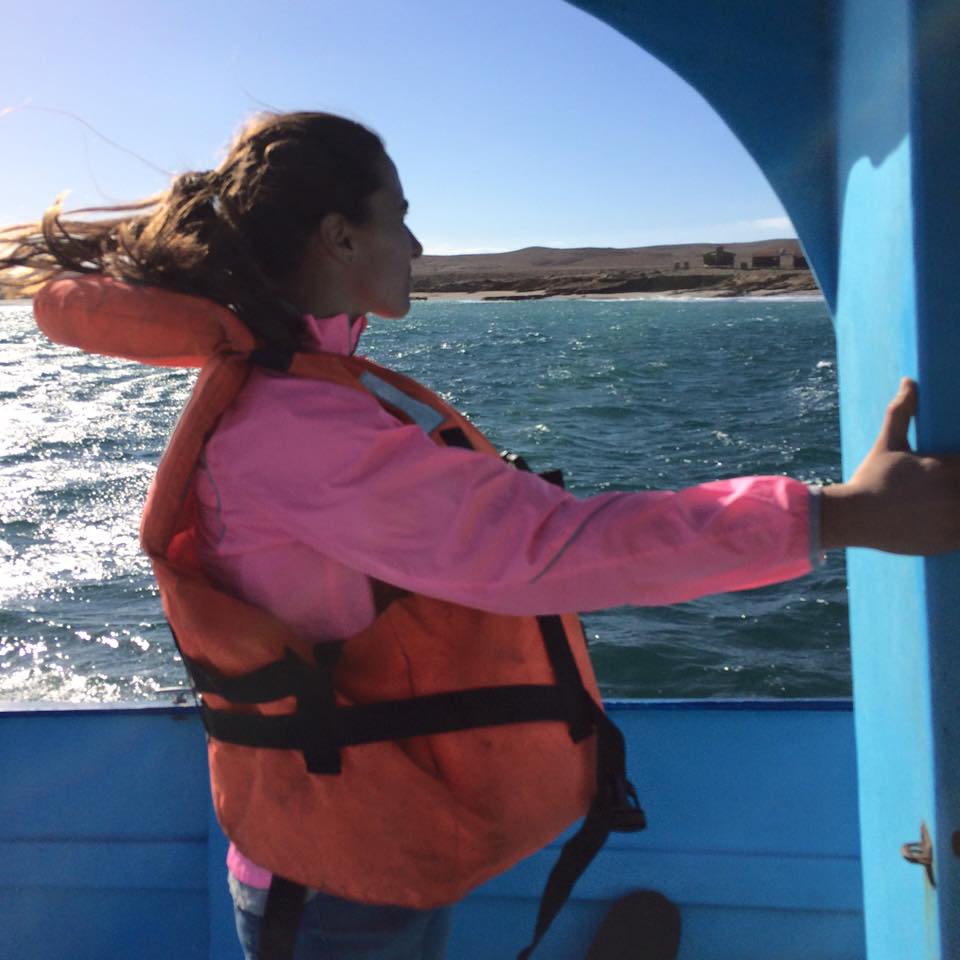
Luz A De Wit, Ph.D Student
I was born and raised in Mexico City, where I got a bachelor’s degree in veterinary medicine and animal husbandry from the National Autonomous University of Mexico (UNAM). Before graduating, I worked for a year at the Diagnostic Pathology Lab at UNAM, where I conducted necropsies and histopathology to analyze cases of domestic animals and wildlife that came from clinics and animal facilities across Mexico. This experience got me very interested in infectious diseases, particularly those that affect wildlife and that can be of public health concern. This interest led me to pursue a master’s degree in conservation medicine at Tufts University. For my master’s degree, I studied the role of feral, stray, and domestic dogs and cats as reservoirs of pathogens that affect humans and wildlife, and focused on the feral cat- Toxoplasma gondii system affecting sea otters in California.
I am currently a PhD candidate in the Ecology and Evolutionary Biology Department at UCSC studying the impacts of feral cats on human health and examining if feral cat management can benefit public health as well as biodiversity conservation efforts. My research is focused on toxoplasmosis, as it is a disease of public health relevance that in many circumstances can be directly linked to feral and stray cats as the principal source of infection. I study introduced feral cats from inhabited islands and feral cat colonies from mainland California. My goal is to understand if feral cats are important local sources of T. gondii for humans, and if feral cat management can potentially alleviate the burden of toxoplasmosis in people while also protect native wildlife.